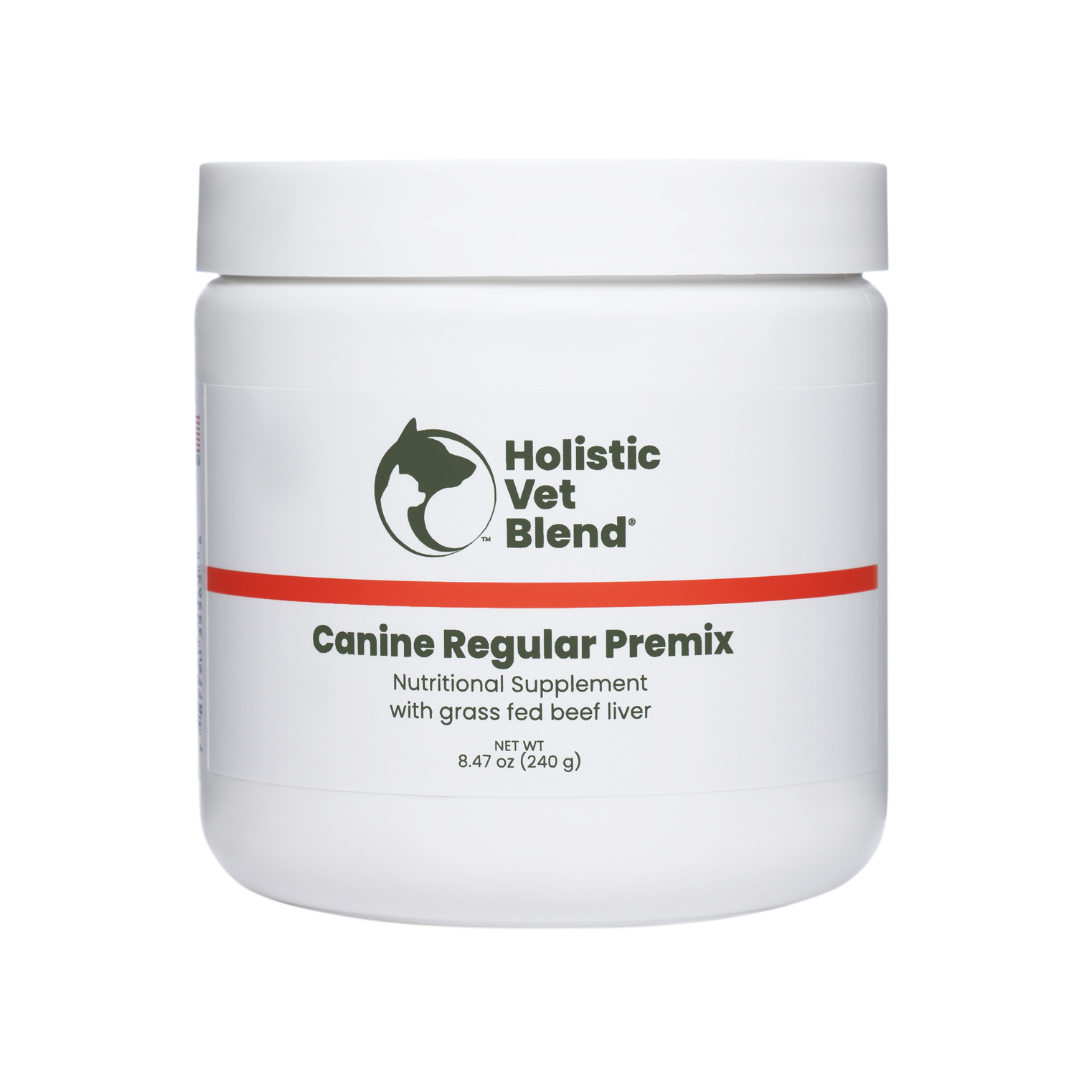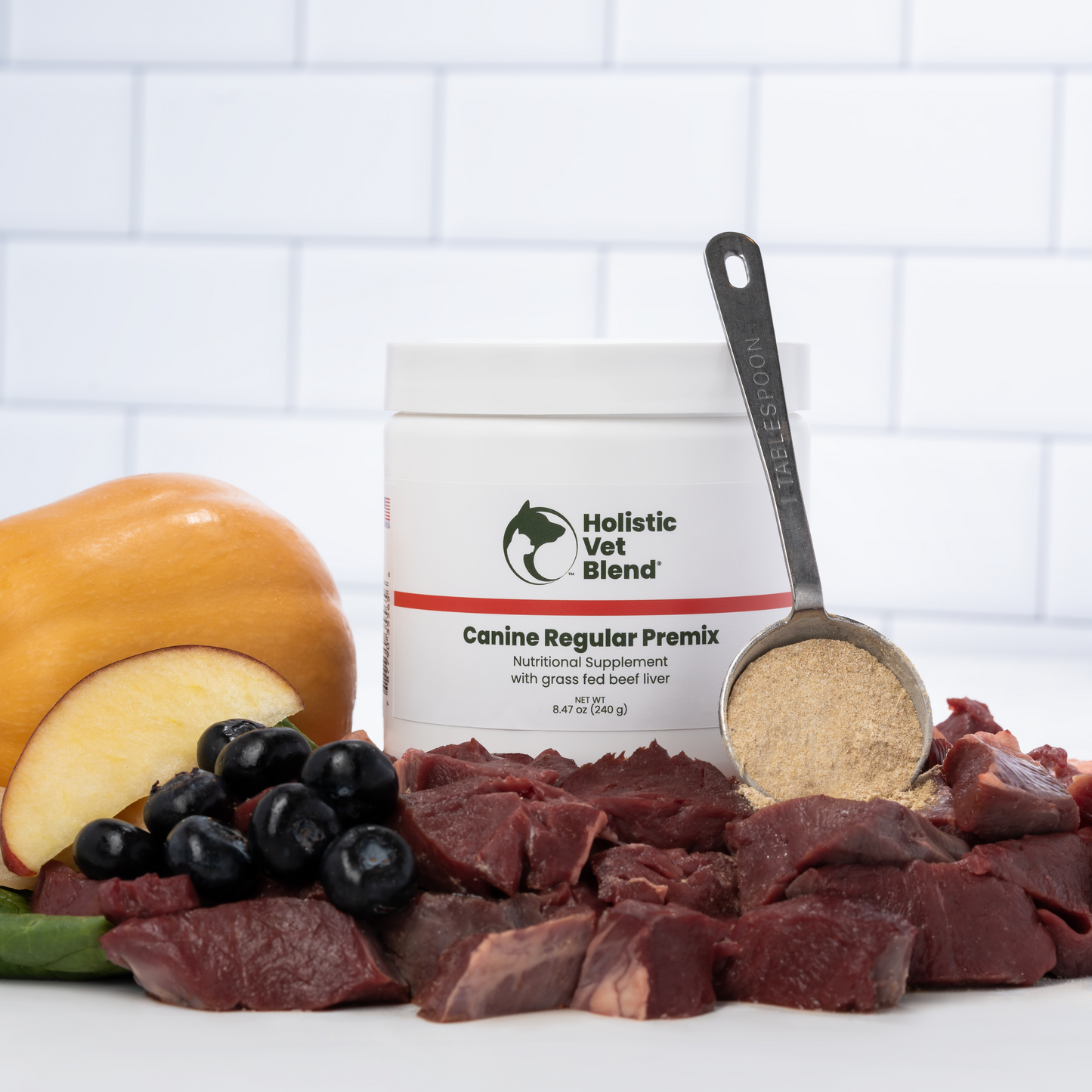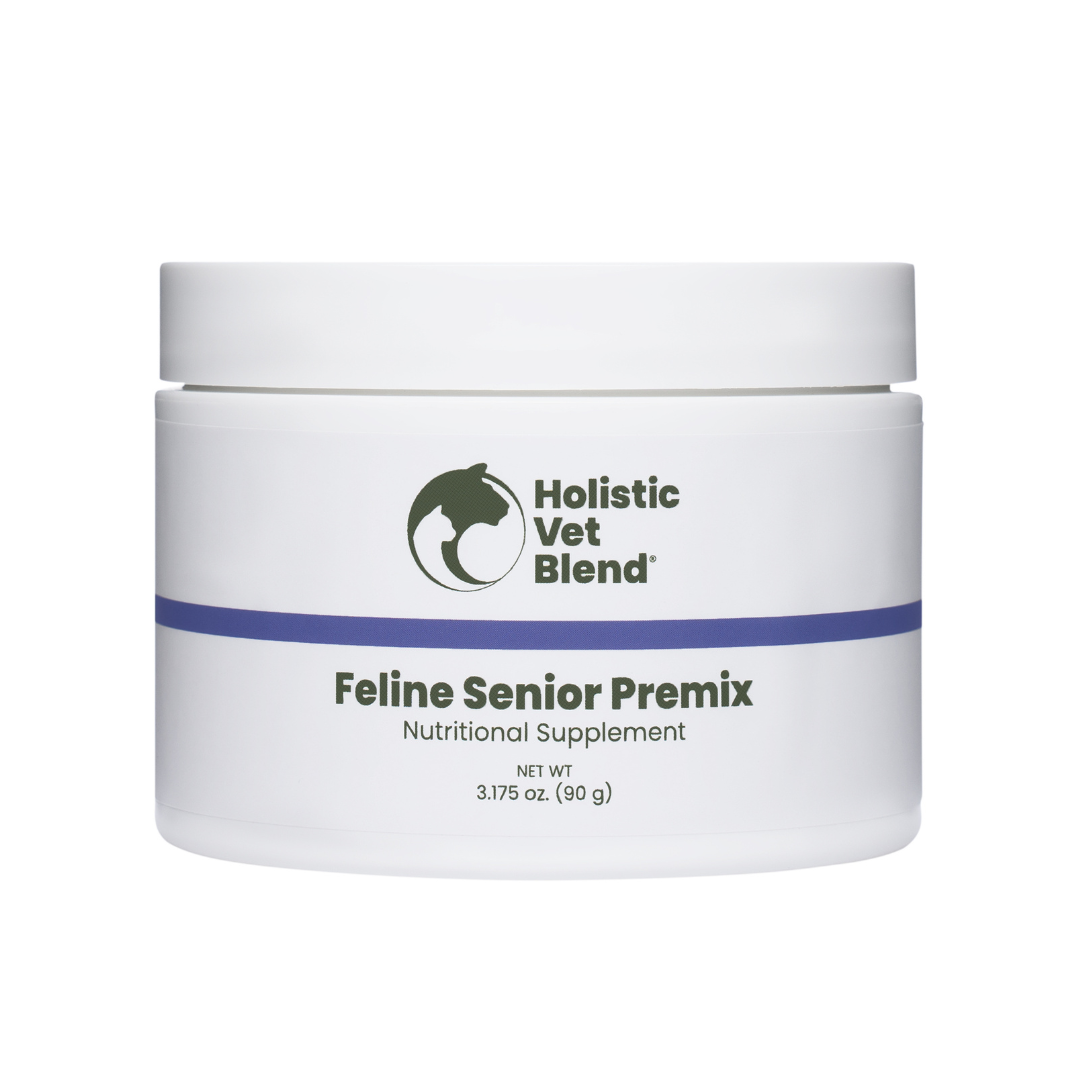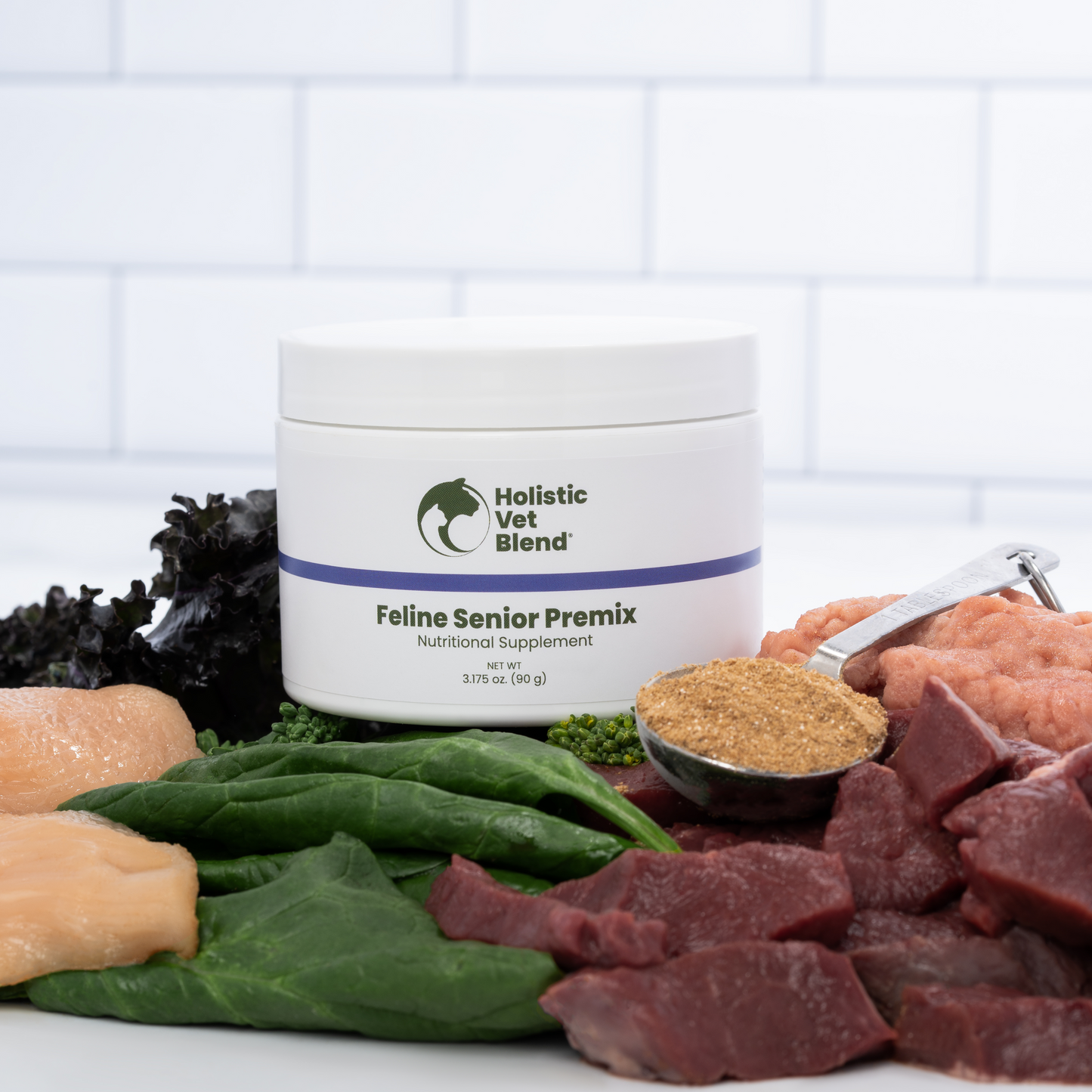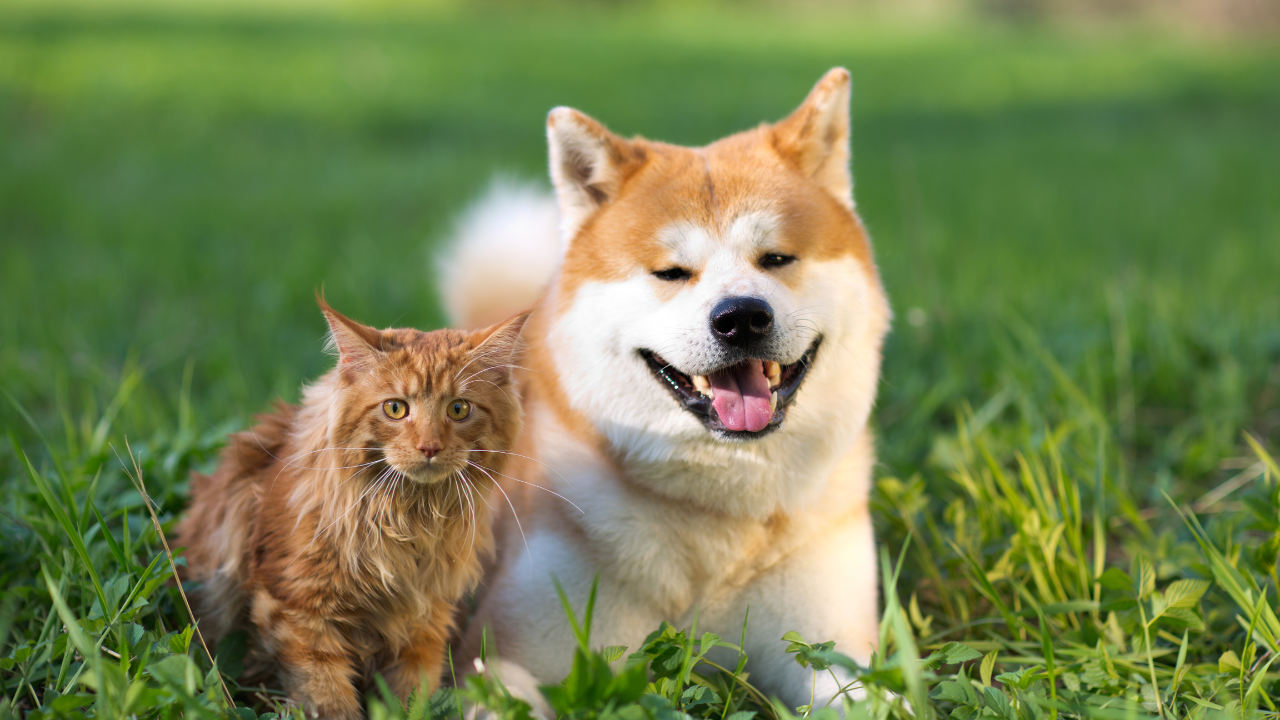
This Earth Month, join us in exploring ten practical, impactful ways you can reduce your pet's carbon footprint while engaging in eco-friendly practices that support the well-being of the planet. These steps are not only easy to implement but can also enhance your pets' health and happiness. It's time to take the lead in sustainable pet parenthood!
1. Make Homemade Pet Food

Creating nutritious meals for your pets allows you to use fresh, locally sourced ingredients.
Homemade pet food lessens the carbon footprint attributed to the manufacturing, packaging, and shipping of mass-produced pet diets. By incorporating wholesome recipes into your pet's diet, you can ensure they're consuming high-quality, sustainable foods while reducing waste.
Making your own pet food can significantly reduce waste as it eliminates the packaging associated with commercial pet food products. For instance, a single cat consuming 2-3 cans of cat food per day can accumulate a substantial amount of waste over time. If we consider a scenario where a cat eats 3 cans daily, that would result in around 1,095 empty cans being discarded by the end of the year. By preparing homemade meals for your pets using fresh ingredients, not only can you ensure the quality of their diet, but you can also play a crucial role in minimizing the environmental impact caused by excessive packaging waste from commercial pet food products.
Here are the recipe videos you can try:
2. Only Buy Pet Food in Recyclable Packaging

Transition to pet food brands that package their products in containers that can be recycled. Brands that prioritize sustainability offer pet food in pouches, cans, or containers that are easily repurposed and significantly reduce landfill waste.
3. Opt for Eco-Friendly Pet Food

Choose pet food made from ingredients that are sustainably sourced and minimally processed. Look for brands with a commitment to organic and ethically derived elements, and consider those that utilize renewable energy and eco-friendly production practices.
When considering the environmental impact of pet food, it's crucial for pet owners to acknowledge the role of meat consumption in contributing to carbon emissions. While cats are obligate carnivores and require a primarily meat-based diet, dogs, as facultative carnivores, can thrive on a balanced diet that includes vegetables and complex carbohydrates once their protein requirements are met.
Embracing this new perspective on pet nutrition is essential for pet owners looking to minimize their carbon footprint and promote sustainability. By exploring alternative sources of protein for dogs and ensuring a well-rounded diet for both cats and dogs, pet owners can play a significant part in reducing the environmental burden associated with the meat industry while still effectively meeting their pets' nutritional needs.
4. Whip Up Homemade Pet Treats
Show your pets some extra love by making homemade treats with ingredients you trust. This reduces the environmental impact of purchasing packaged snacks and allows you to customize their treats to support their dietary needs. Not to mention, you can save a lot of money doing this.
Ditch the preservatives and have the assurance when you choose healthy ingredients to make their treats.
Check out this treat recipe video!
5. Switch to Biodegradable Waste Bags
Make cleaning up after your pet a green affair by using biodegradable or compostable waste bags. Unlike traditional plastic bags that can take centuries to decompose, these alternatives break down much more quickly, reducing pollution and environmental harm.
6. Be Water Wise During Pet Care
Be mindful of water usage when it comes to bathing your pet or keeping their dishes clean. Saving water is good for the environment and your wallet. Keep a bucket handy to catch water while you wait for it to heat up, and consider natural, biodegradable shampoos for bath time that are safe for your furry friend and the planet.
7. Choose Sustainable Pet Toys and Accessories
Opt for toys made from eco-friendly materials such as natural rubber, organic cotton, hemp, or even repurposed materials. These toys are durable, safe, and kind to the Earth. Pro tip: get creative and craft DIY toys using materials you already have at home.

When it comes to pet accessories like beds, collars, and leashes, seek those made from sustainable materials like bamboo or hemp. These options are long-lasting, comfortable for your pet, and earth-friendly. Refrain from impulse purchasing and choose quality items that can be repaired instead of replaced.
8. Use Natural Grooming and Flea Control Products
Invest in grooming products that are gentle on your pet's skin and the environment whenever possible.
Choose items made with natural, plant-based ingredients and packaged in sustainable, recyclable materials. By limiting the use of synthetic chemicals, you can keep both your pet and the planet healthy.
Here’s a short video for a DIY Insect Repellents:
9. Decrease Food Waste
To reduce food waste as a pet owner, consider implementing mindful practices that benefit both the environment and your pet's well-being. Start by carefully measuring your pet's portions to prevent overfeeding. The vast majority of pets in the United States are overweight.
When preparing homemade meals, prioritize using fresh ingredients and incorporating leftovers creatively into future meals to minimize waste. Those blueberries that are crinkiling slightly can be frozen and added to your pet's meals later.

Additionally, explore meal planning strategies where you can get the most out of the food that you purchase. Make bone broth from the roasted chicken you enjoyed with your family. Buy in bulk for savings and decreased packaging wasted. Reserve some of the meat and vegetables you buy in bulk or that are leftover for your pet's meals. I do this with steamed vegetables, sweet potatoes, or brown rice that we have not eaten, and never meals with sauces or spices.
10. Adopt from Shelters and Rescues

Make adoption your first choice when adding a new pet to your family. Shelters and rescues are filled with loving animals in need of a home,
Implementing these ten simple but significant changes in your pet care routine will lead to a healthier environment for both your pet and our planet. It is through these collective, incremental actions that we can create a lasting impact and a greener world for generations to come. So let's continue to love, cherish, and care for our furry friends while also being mindful of the impact we have on the environment around us. Together, we can make a difference!

Additional Tips for an Eco-Friendly Pet Lifestyle
In addition to the ten steps outlined above, here are some bonus tips to help you and your pet live a more sustainable lifestyle:
- Spay or neuter your pet to help control the population and reduce the number of homeless animals.
- Choose natural, non-toxic flea and tick prevention methods instead of harsh chemicals.
- Use biodegradable, plant-based cat litter made from materials like corn or wheat instead of clay litters.
- Donate old pet supplies such as beds, toys, and crates to shelters or rescues instead of throwing them away.
- Consider using a bamboo or metal pet brush instead of plastic ones that can end up in landfills.
- Repurpose old t-shirts or towels into pet bedding to reduce waste and make use of items you no longer need.
- Support local, sustainable pet businesses and avoid purchasing from large corporations with questionable environmental practices.







